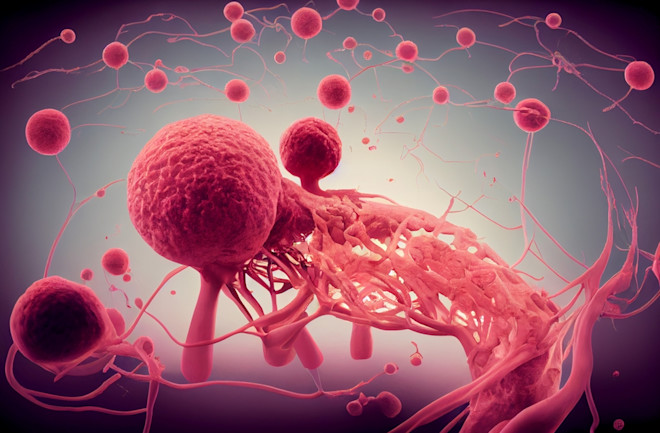Cancer affects millions of people around the world every year. Oftentimes, the signs and symptoms of cancer present themselves once the disease has advanced into its later stages, leaving many wishing they could have known about it sooner. A new study, published in Cancer Discovery, suggests that this wish may soon become a reality.
Researchers at Johns Hopkins University have discovered that specific blood tests can be used for the early detection of cancer. These tests can identify and diagnose cancer up to three years before more traditional methods of diagnosis. With timing being such a crucial part of cancer treatment, the possibility of adding early cancer screening to your yearly routine blood test could save your life.
“Three years earlier provides time for intervention. The tumors are likely to be much less advanced and more likely to be curable,” said Yuxuan Wang, an assistant professor of oncology at Johns Hopkins University School of Medicine and lead study author, in a press release.
Read More: Aspirin Might Be the Next Big Thing in Fighting the Spread of Cancer
Detecting Cancer via Blood Test
A cancerous tumor sheds its genetic material into the bloodstream, and this genetic material is what researchers were looking for when conducting their study. Although they were looking for this material, they were still surprised to find traces of cancer in the blood so early.
Plasma samples from a large National Institutes of Health-funded study were used to complete the screenings. Participants originally submitted their blood samples to help researchers look into the risk factors associated with heart attack, stroke, heart failure, and other cardiovascular diseases.
A total of 52 people from this original study were used in the new study – 26 participants who received a cancer diagnosis within six months after initially giving their blood and 26 who did not have cancer.
By analyzing the blood samples using extremely accurate and sensitive sequencing techniques, known as a multicancer early detection (MCED) laboratory test, the team found that 8 out of the 52 participants showed early signs of cancer.
Diagnosing Cancer Earlier Than Ever
The tests didn’t stop there. After getting ahold of older blood samples – between 3.1 and 3.5 years – for 6 of the 8 positive participants, researchers were shocked by what they found.
Four of the older blood samples showed signs of tumor-derived mutations. These results suggest that using MCED tests for detecting cancer in the blood could revolutionize cancer diagnosis by identifying it approximately three years before clinical symptoms emerge.
“Detecting cancers years before their clinical diagnosis could provide management with a more favorable outcome,” said Nickolas Papadopoulos, professor of oncology and senior author of the study, in the press release.
Although investigators still need to figure out how to implement these tests and the appropriate follow-ups after a positive result, the confirmation that earlier cancer detection is possible is exciting news for the future of medicine.
This article is not offering medical advice and should be used for informational purposes only.
Read More: Cancer Mortality Rates Declined Over the Past 20 Years in the United States
Article Sources
Our writers at Discovermagazine.com use peer-reviewed studies and high-quality sources for our articles, and our editors review for scientific accuracy and editorial standards. Review the sources used below for this article:
As the marketing coordinator at Discover Magazine, Stephanie Edwards interacts with readers across Discover's social media channels and writes digital content. Offline, she is a contract lecturer in English & Cultural Studies at Lakehead University, teaching courses on everything from professional communication to Taylor Swift, and received her graduate degrees in the same department from McMaster University. You can find more of her science writing in Lab Manager and her short fiction in anthologies and literary magazine across the horror genre.

